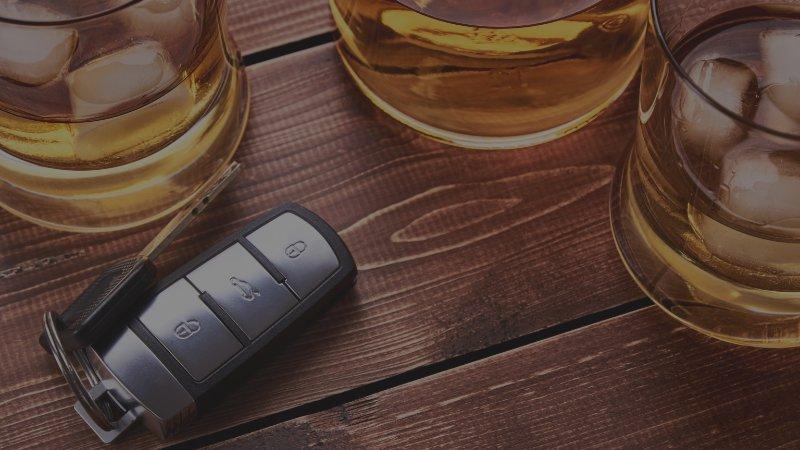Drunk drivers are a serious threat to Colorado’s roads and highways. In 2022, drunk driving killed 271 people in Colorado alone.
The state has strict laws regarding drunk driving and arrests more than 26,000 people for driving under the influence each year. Aside from criminal liability, drunk drivers may also be sued by their victims for monetary damages stemming from accident-related injuries.
If you were the victim of a drunk driver, a personal injury lawsuit may help compensate you for medical bills, time off of work, and pain and suffering. Read the following for information about building a personal injury case against a drunk driver in Colorado.
For specific case information or advice, contact an experienced Denver DUI accident attorney.
Proving the Other Driver was Drunk in Colorado:
The “Legal Limit” or BAC
In Colorado, a driver with a blood alcohol content or BAC of 0.08% or higher is considered to be over the “legal limit.” A BAC of 0.08% is charged as driving under the influence or DUI.
A BAC of 0.05% to 0.08% is charged as driving while ability impaired or DWAI. A BAC over 0.02% is charged as over the legal limit for drivers under 21.
Any of these legal charges may be the basis for a personal injury claim. Breathalyzer evidence, a citation for reckless or drunk driving, or a conviction of DUI may be introduced at a trial when authenticated by the investigating police officer.
Refusal to be Tested
Colorado has an implied consent law. This means that every licensed driver in the state has consented to take a blood, breath, saliva, or urine test when asked to do so by law enforcement personnel with probable cause to suspect that the person may be driving under the influence or driving while ability impaired.
A refusal to take a sobriety test is a basis for driver’s license revocation and is admissible evidence in court.
Eyewitness Testimony
Eyewitnesses to the accident, including the victim, can testify to the drunk driver’s actions, speech, manner, or the presence of alcohol containers at the scene. Signs of intoxication may include any of the following:
- Driving too slowly;
- Speeding;
- Failure to obey traffic signals;
- Erratic driving;
- Swerving;
- Driving with the windows down at night;
- Red eyes;
- The smell of alcohol on the driver;
- Slurred speech;
- The inability to walk or stand; and
- The inability to answer simple questions or concentrate.
Any of these signs or other unusual behavior should be reported to law enforcement at the accident scene. Eyewitness contact information should be collected for use at a later date.
Admissions by the Drunk Driver
It is important to take note of any apologies or admissions of guilt made by the drunk driver at the accident scene.
An Experienced Denver Car Accident Attorney Can Help
Remember, you do not have to build and prove your case alone. There are experienced, successful Denver car accident attorneys who can help.
At Dulin McQuinn Young, our car accident attorneys build trial-ready cases against drunk drivers and their insurance companies using the evidence above and much more. We interview eyewitnesses, get BAC results, and gather past criminal records to find out about the driver who caused your injuries.
Dulin McQuinn Young does everything in our power to ensure that you get the compensation you need to move forward with your life and that the driver who hit you is held responsible for your losses.
Contact Dulin McQuinn Young in Denver now to schedule your complimentary consultation. At Dulin McQuinn Young, we only get paid when we secure compensation for you!
